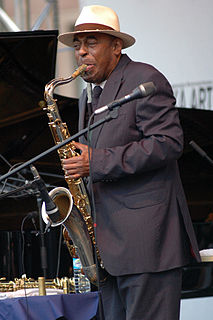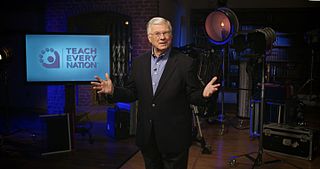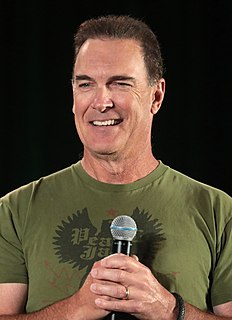A Quote by Rex Tillerson
People go out; they take risk; they find a way to develop resources that were previously not accessible, not available because of technological reasons.
Related Quotes
Basically if you study entrepreneurs, there is a misnomer: People think that entrepreneurs take risk, and they get rewarded because they take risk. In reality entrepreneurs do everything they can to minimize risk. They are not interested in taking risk. They want free lunches and they go after free lunches.
I think people in general don't take enough risks. Some people feel that before they can take on that next challenge they need to be 100 percent ready. It's just not true. Even people in their jobs aren't perfect at their jobs. So my biggest advice to people is to step out there. Take the risk and deal with it. What is the worst that could happen? It's about thriving on risk instead of shrinking from risk.
The single best way to develop leaders . . . is to take people out of their safe environment and away from the people they know, and throw them into a new arena they know little about. Way over their head, preferably. In fact, the more demanding their challenges, the more pressure and risk they face, the more likely a dynamic leader will emerge.
In volume and velocity, the new media are making available testimony on a previously unimaginable scale. I'm neither as romantic about the new media landscape, nor cynical. But what's indisputable is the experimental energy that digital forms are unleashing. Among my students and among up-and-coming artists, I find myself startled by the creative responses to the technological, environmental, and political upheavals of our time.
The thing is doing it, that's what it's all about. Not in the results of it. After all what is a risk? It's a risk not to take risks. Otherwise, you can go stale and repeat yourself. I don't feel like a person who takes risks. Yet there's something within me that must provoke controversy because I find it wherever I go. Anybody who cares about what he does takes risks.



































